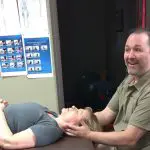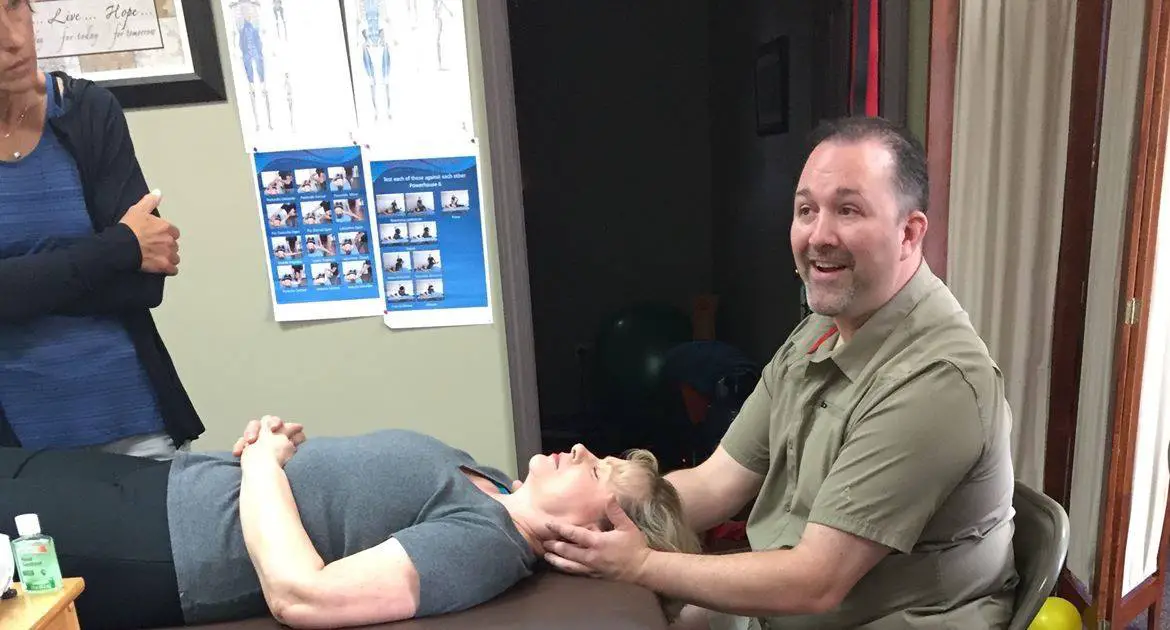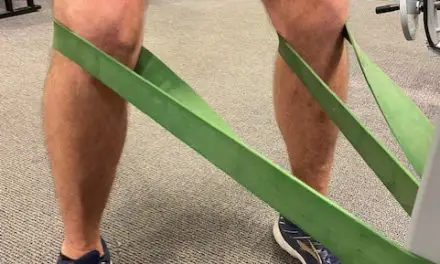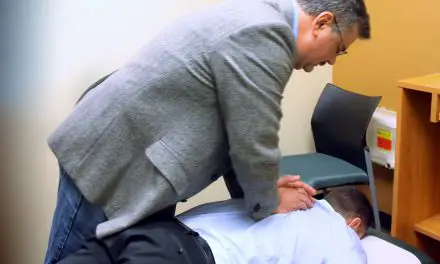It could be argued that legitimacy starts with an intent to represent what we do with integrity. That is, we do what we say we do, and not something else. Physical therapists do physical therapy, surgeons do surgery, nurses do nursing, etc. Each legitimate healthcare profession tends to different aspects of a patient’s treatment, contributing to their well-being. Such professions refer patients to each other, work together, and often rely upon each other for a successful outcome.
Legitimate healthcare professions are recognized via statutes that define each profession’s scope of practice, entrance requirements, and regulatory structures. There is some overlap in training and scopes of practice, all of which are ostensibly science-based. Being science-based, there is an expectation of ongoing advancement in knowledge and practice, based both on clinical observations and research. Rapid changes are possible as new ideas and evidence are used to inform practice, subject in part to guidance provided by multiple professional and regulatory bodies.
Legitimate healthcare professions tend to avoid titles or terms typically associated with traditional cultural practices, and modern derivatives of same, such as “healer” and “guru.” Traditions are observed as historical stepping stones and are studied to uncover why certain practices were retained over time. But the knowledge gained is examined by using the scientific method and is adapted to various needs of each profession rather than preserved unchanged.
Washington state currently comes the closest to recognizing massage therapists as legitimate healthcare professionals. In some ways, their state regulations could be used as a model. For example, instead of basic title protection, they have a much more comprehensive rule regarding any and all terms related to massage, bodywork, and reflexology:
Advertising—Use of title (Effective until July 1, 2017.):
(1)(a) It shall be unlawful to advertise the practice of massage using the term massage or any other term that implies a massage technique or method in any public or private publication or communication by a person not licensed by the secretary as a massage practitioner. However, this subsection does not prohibit a certified reflexologist from using the term reflexology or derivations of the term, subject to subsection (2)(b) of this section.
(b) Any person who holds a license to practice as a massage practitioner in this state may use the title “licensed massage practitioner” and the abbreviation “L.M.P.” No other persons may assume such title or use such abbreviation or any other word, letters, signs, or figures to indicate that the person using the title is a licensed massage practitioner.
(c) A massage practitioner’s name and license number must conspicuously appear on all of the massage practitioner’s advertisements.
(2)(a) It is unlawful to advertise the practice of reflexology or use any other term that implies reflexology technique or method in any public or private publication or communication by a person not certified by the secretary as a reflexologist or licensed as a massage practitioner.
(b) A person certified as a reflexologist may not adopt or use any title or description of services, including for purposes of advertising, that incorporates one or more of the following terms or designations: Massage, masseuse, massager, massagist, masseur, myotherapist or myotherapy, touch therapist, body therapy or therapist, or any derivation of those terms that implies a massage technique or therapy unless the person is also licensed under this chapter as a massage practitioner.
(c) A reflexologist’s name and certification number must conspicuously appear on all of the reflexologist’s advertisements.
It is also interesting that the Washington statute references a specific federal classification. I have not seen this in the statutes I’ve seen in other states.
Federal classification (Effective until July 1, 2017.):
For the purposes of this chapter, licensed massage practitioners shall be classified as “offices and clinics of health practitioners, not elsewhere classified” under section 8049 of the standard industrial classification manual published by the executive office of the president, office of management and budget.
Washington statute includes the option of earning an endorsement to do specialized work, such as intraoral work. Such provisions could be used to structure alternatives to tiered licensing.






